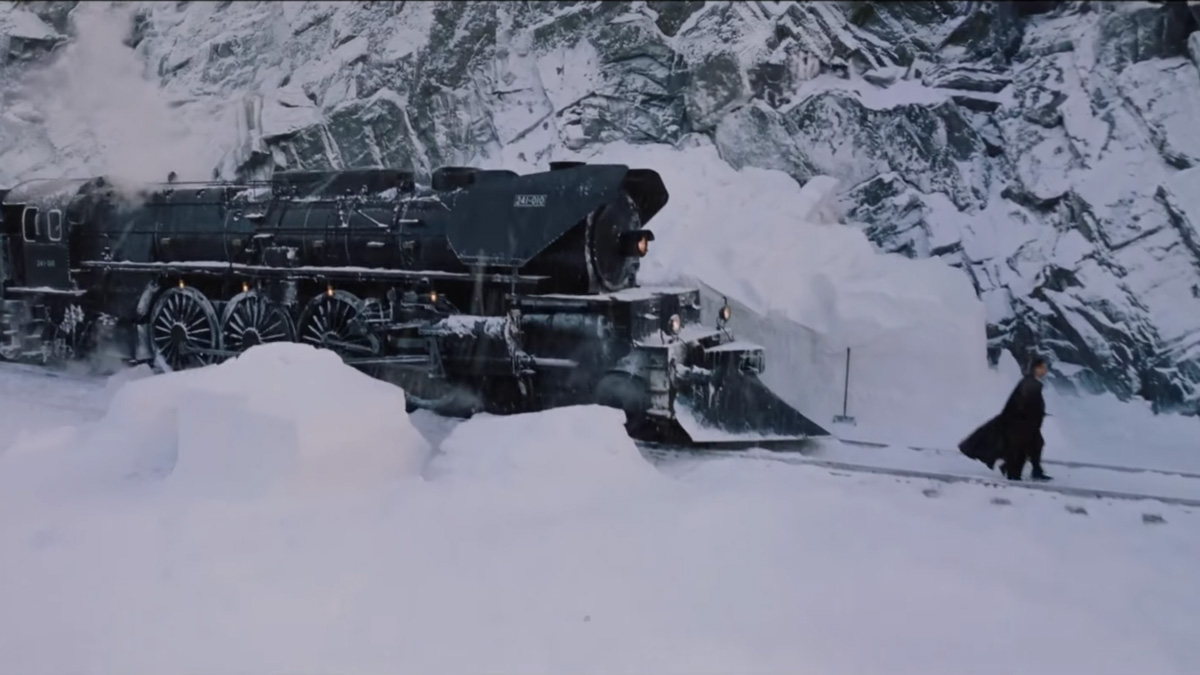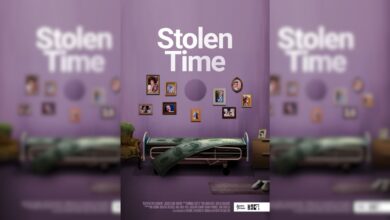Film Review: Murder on the Orient Express
 supplied
suppliedMurder on the Orient Express
Directed by: Kenneth Branagh
Starring: Kenneth Branagh, Michelle Pfeiffer, Daisy Ridley, and Willem Dafoe
Premiered: November 10, 2017
In spite of the influence of the original novel and its flashy visuals and intriguing cast, Murder on the Orient Express fails to bring anything new to the novel or the realm of detective fiction and ends up being a bore.
Adapted from the 1934 Agatha Christie novel, the renowned Belgian detective, Hercule Poirot, rides aboard the Orient Express from Istanbul en route to London, sharing his three-day train alongside a motley crew of perfect strangers. One night while passing through snowy mountain ranges in the Balkans, one of the passengers is brutally murdered in the night amidst an avalanche. Trapped in the snowbound train, Poirot must analyze the crime scene, interrogate the passengers, and solve the murder before the murderer strikes again.
The original novel has had tremendous influence in cementing the detective fiction genre in popular consciousness. And because of this, the film adaptation ironically feels clichéd and derivative despite the original novel contributing heavily to these genre tropes and archetypes. Poirot lives by a very black-and-white moral code, good or bad, innocent or guilty, and his perspective is challenged throughout his investigation. However, the modern, jaded audience has become willing to accept morally grey characters in cinema and elsewhere, so the big revelation in the climax ends up being brutally obvious and boring. By virtue of watching other crime and detective stories, we already realized that there’s more to the suspects than they’re letting on and the inclusion of a seemingly unrelated previous murder flashback that leads to this obvious conclusion.
One of the only two noteworthy elements of the movie was the ensemble cast, especially Kenneth Branagh as Hercule Poirot, with his dry humour and perfectionist attitude, and Johnny Depp as Ratchett, who is quite enjoyable as a tough American thug despite his brief time in the film. With a complex crime story like Murder on the Orient Express, the cast has plenty of flexibility in playing atypical characters and their more darker sides. The other element is the cinematography, which often takes opportunities to capture the film in interesting and unique ways as the characters move around cramped carriages and the vibrant exteriors of the luxury train. Everything else, however, becomes a bore as you watch the film go through the motions of crime scene investigation, interrogations, flashbacks, and the unraveling of the grand conspiracy.
That said, I admit this is my first exposure to Agatha Christie and the novel, Murder on the Orient Express, that is acclaimed as a landmark example of detective fiction. Because — or in spite — of this, Murder on the Orient Express plays no differently than other crime mystery films of the same ilk: something that might have been novel in 1934 and is now part of contemporary genre clichés. The film does look gorgeous shot with 65mm cameras, which is the large format that Christopher Nolan used for Dunkirk, and the Orient Express looks gorgeous at times in its ornate dining cars and fancy suites. The CGI does its best to disguise the train within a snowy mountain range. But otherwise, it’s hard to find something new or interesting to recommend within the latest film adaptation of Murder on the Orient Express.




